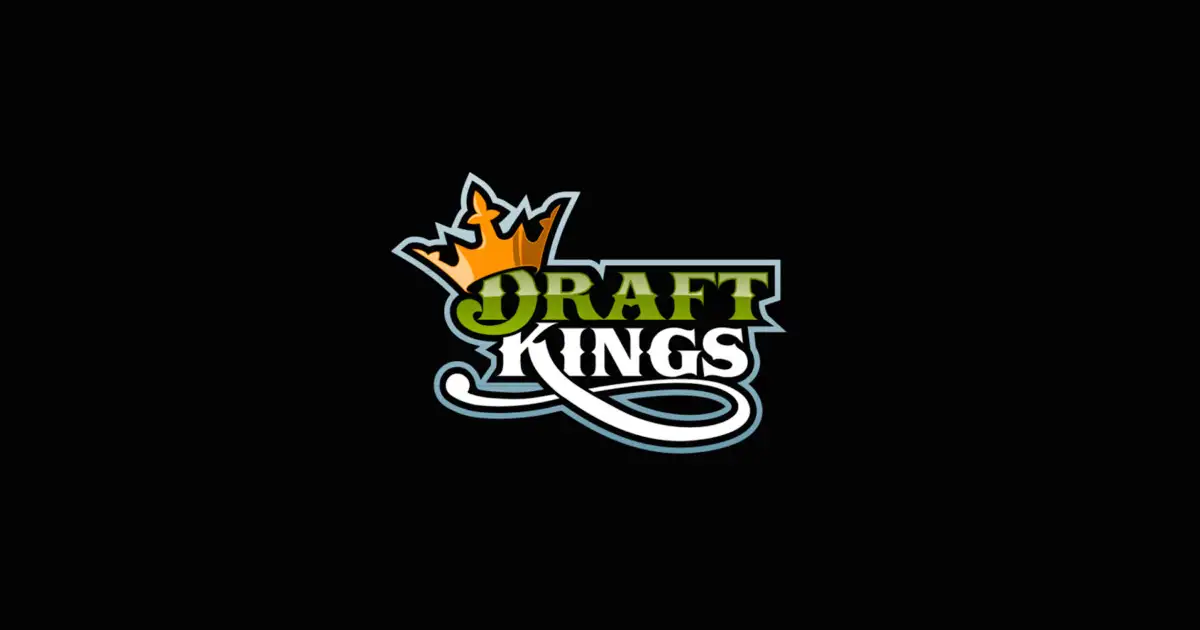Blind man sues DraftKings for inaccessibility of their website
In a dispute that could shape the future of digital accessibility, DraftKings is being sued by a blind man who claims that the online sports betting platform is virtually inaccessible to him.
The story behind the lawsuit
When Anthony Benson, a New York resident who lost his sight as a result of bilateral enucleation, tried to access DraftKings’ services like his peers, he didn’t expect a legal battle. But that’s precisely what happened. By filing a lawsuit on 24 September 2025 in the US District Court for the Southern District of New York, Benson aimed not only to defend his own right of access, but also to represent all visually impaired users facing the same barriers.
This is a class action to extend the scope of the litigation to an entire community of users. It demands that DraftKings ensure that its digital services are compatible with assistive technologies.
Technical barriers encountered
Benson’s complaint describes persistent obstacles that have prevented him from using the DraftKings site effectively. He points to unlabelled form fields, broken links, promotional images with no alternative text, and pop-up windows that don’t work with screen readers.
In other words, even if the interface appears visually functional for an average user, it remains impervious to the assistive technologies used by blind or partially-sighted people.
These difficulties are not mere inconveniences: they deprive the user of full enjoyment of the services. In his complaint, Benson claims to have been denied full and equal access to the platform and says he has been deterred from returning, despite his intention to participate in NFL fantasy contests and betting promotions.
Legal basis
Benson’s legal arsenal is based on the Americans with Disabilities Act (ADA), as well as New York State law and the New York Human Rights Law. He argues that DraftKings, being a publicly traded company in the United States, is subject to these legal obligations to ensure digital accessibility for all users.
But that’s not all. The complaint also alleges DraftKings’ failure to comply with the Web Content Accessibility Guidelines (WCAG), the internationally recognised reference standards for web accessibility. According to Benson, these failings prevent blind people from benefiting from the platform’s online goods, content and services – advantages enjoyed by non-disabled users.
Issues for DraftKings and the wider industry
This lawsuit is much more than an isolated dispute: it raises a central question in the modern digital world. To what extent is an online entertainment company responsible for inclusivity?
If the court upholds Benson’s claims, it could set a precedent requiring online betting, gaming or service platforms in the US to increase their compliance with accessibility standards.
For DraftKings, the stakes were twofold: not only to counter the complaint in order to preserve its image and revenue, but also to demonstrate its willingness to invest in accessibility, both as a legal obligation and as an ethical requirement in the digital economy.The Benson vs DraftKings case illustrates a contemporary tension: that between digital innovation and the inclusion of people with disabilities. This case is a reminder that access to online services should not be a privilege, but a right. If the ruling goes in Benson’s favour, the American digital landscape will have to accelerate its transformation towards real and verifiable accessibility.


